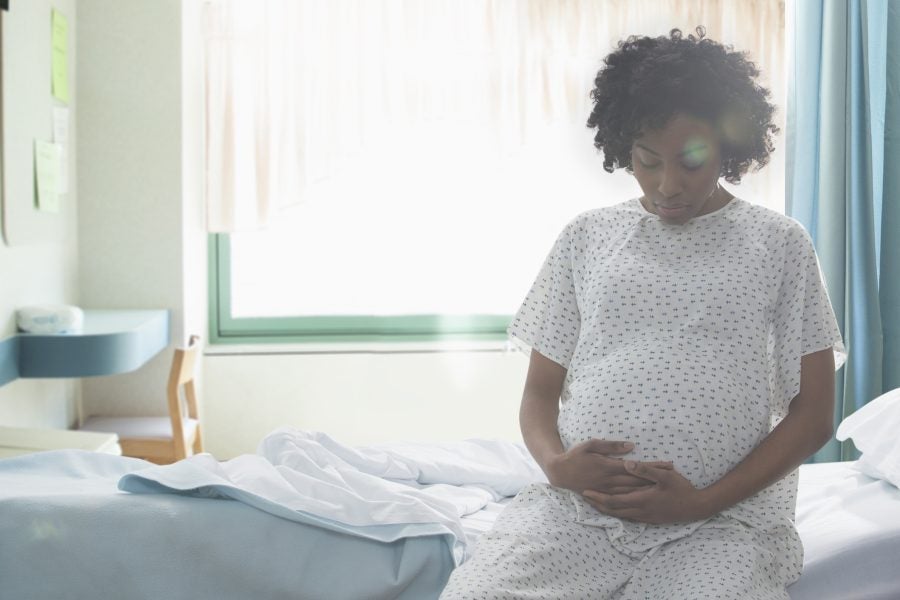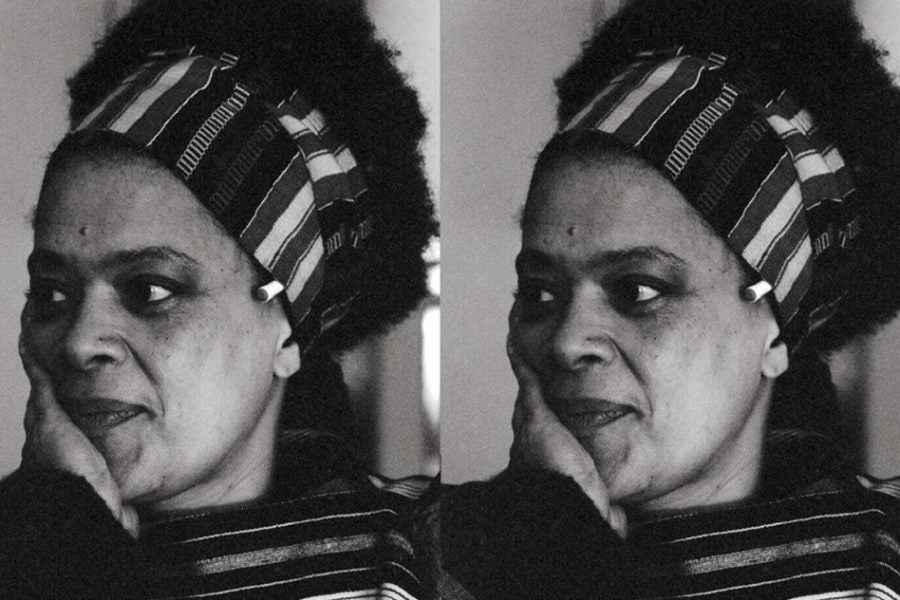
The Supreme Court’s decision to overturn Roe v. Wade on Friday took away the federal constitutional right to an abortion. While this decision will impact all women, health equity and social justice non-profit, The Black Women’s Health Imperative(BWHI), says it marks the beginning of a public health crisis for Black Women in particular.
“Given that Black women tend to live in states hostile to reproductive healthcare, Roe’s overturn directly endangers Black women’s lives by exacerbating pre-existing access restrictions. Forcing Black women to carry dangerous, potentially deadly pregnancies to term will worsen the ongoing Black maternal mortality crisis,” BWHI Communications Director, Michelle Webb said in a statement shared with ESSENCE.
Maternal mortality rates are three times higher for Black women than for white women, and there are already more obstacles for them to access abortion care. According to a Duke University study, a complete abortion ban would result in a 33 percent rise in maternal fatalities among Black women, compared to a 21 percent increase among all women.
“The Supreme Court and elected officials in these red states have sent a very clear message about what they think about the value of Black women. They don’t value our lives, and they want to ensure that for generations to come, we don’t have access to the basic choices for health care, good health, or economic well-being,” BWHI, President and CEO, Linda Goler Blount told ESSENCE.
Goler Blount says that it is important to understand there will be many ramifications of this ruling, impacting Black women and their families long-term.
“Black poverty rates will increase by probably 15% and condemn a generation of children to poverty,” she said. “There will be young kids, young girls, as young as 10, who are going to grow up…with this idea that there are elected officials at the state level and Supreme Court justices, male and female, who don’t feel as though they are worthy of making the most basic health care decisions, that they should not actually have control over their own bodies.”
Despite the Supreme Court ruling, BWHI’s president says that the organization will remain committed to its mission and work to ensure that Black women around the country can access safe abortion and other reproductive services, regardless of location or income level.
“We’ve got to do some things differently, but we’re in space and it’s all hands on deck, so lots of resources, so that we can make sure that, you know, when hopefully in another 10 years, we’re not having this conversation,” Goler Blount said.
The nonprofit will work to stockpile medications that may become harder for women to access, raise money for abortion funding and produce a new version of the Black woman’s health policy agenda focused on reproductive justice.







